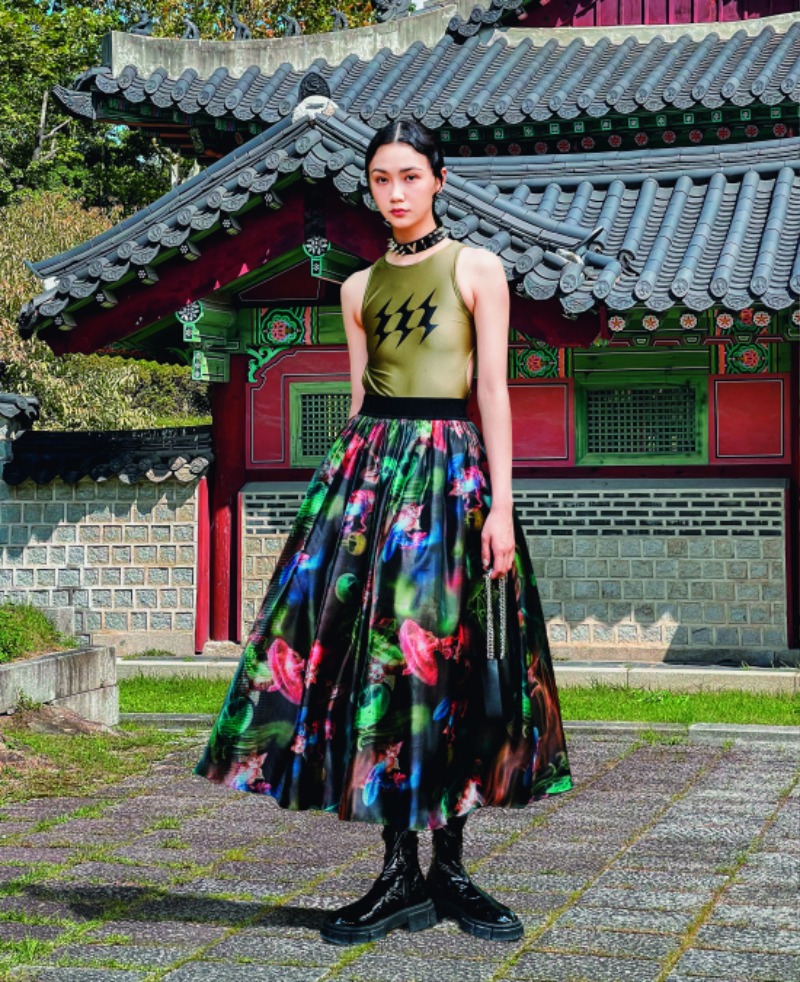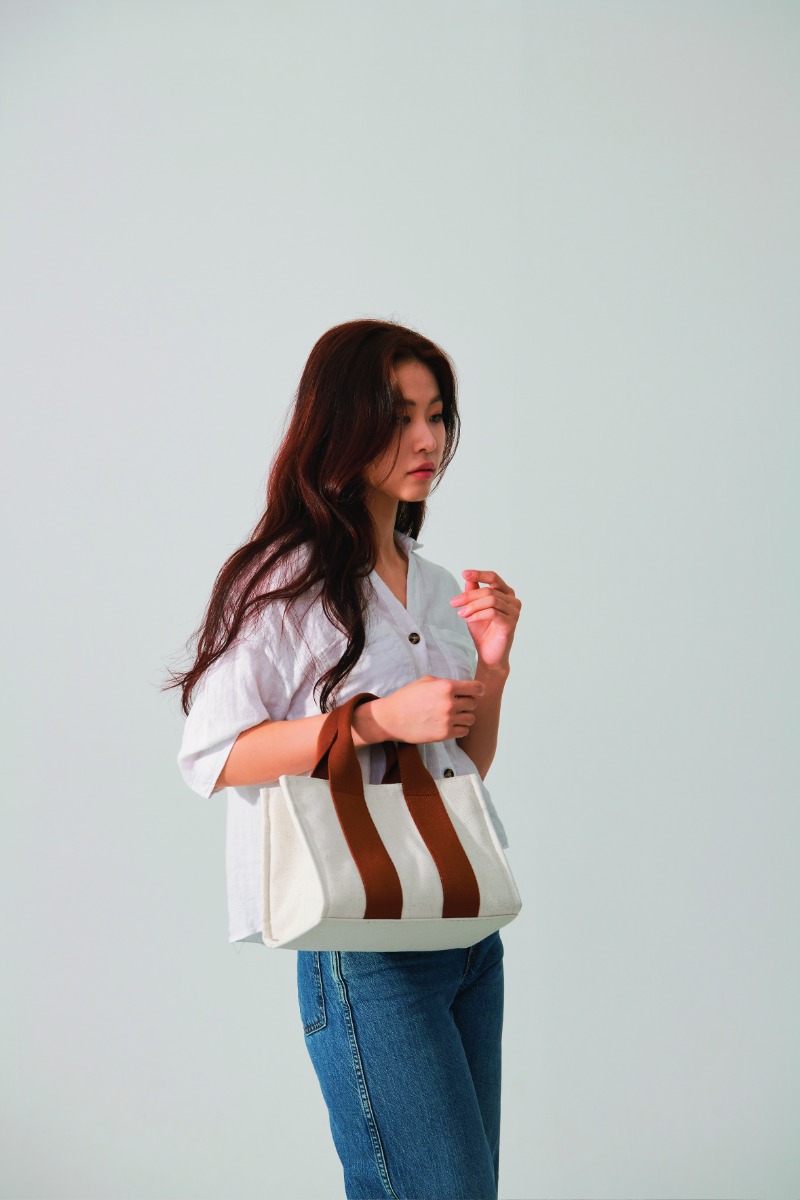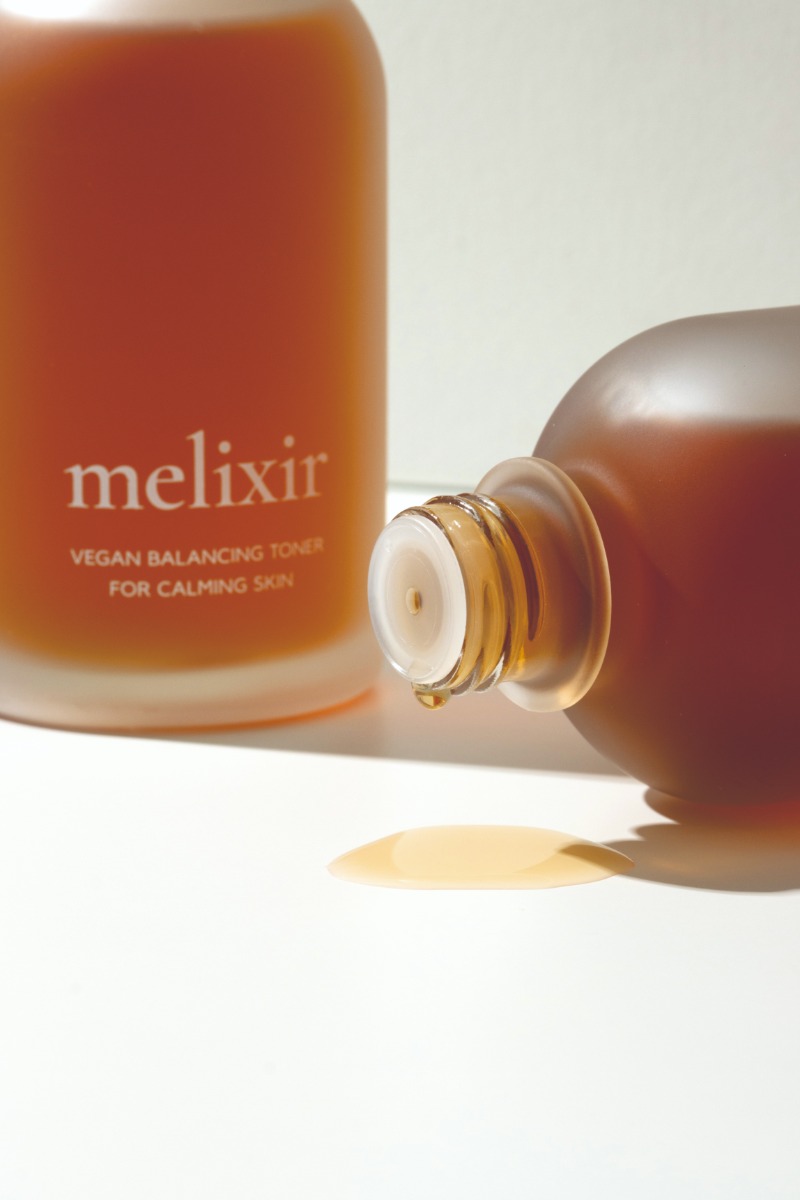Can anyone call themselves a vegan while eating meat? It may sound like a blatant contradiction, but this flexible dietary approach is becoming increasingly popular as the norm for “sustainable veganism.” Just like the saying that “the world needs a billion imperfect vegetarians more than a million perfect vegans,” the small thoughts and actions of many people can make a significant contribution to building a healthy coexistence with the Earth.
Kim young sub at Trend Insight & Business Creativity, a research institute that makes trend forecasts, wrote in his book “Life Trend 2017” that vegetarianism is a personal choice. “In the past, vegetarians were considered picky eaters. But vegetarianism is now regarded highly trendy in Korea… This means that each person has their own dietary principle.”
IMPERFECT VEGETARIANS

Some people become vegetarians for personal health reasons, others for the sake of the environment or animal welfare. Now no longer considered unusual, a vegetarian diet is present in a myriad of cultures.
ⓒ TongRo Imagess
Some people simply lump vegetarians and vegans together, but there are, in fact, several types of vegetarianism, and veganism represents just one of them. Vegans strictly adhere to a plant-based diet consisting of vegetables, fruits, grains, cereals and pulses, while avoiding meat, dairy products including milk and cheese and even eggs. Lacto vegetarians add dairy and honey to their diet; lacto-ovo vegetarians further add eggs; and the diet of pescetarians includes fish and other seafood, with some also consuming animal products such as dairy and eggs. Pollotarians follow a vegetarian diet that includes poultry, and finally, flexitarians, also called semi-vegetarians, even eat red meat, albeit only occasionally.
It is the latter who are leading the latest dietary trend in the consumption of everyday goods. They eat meat when dining out with friends or coworkers, because they do not want to cause a fuss, making others feel awkward, or have chefs prepare separate meat-free meals for them.
Lee Hyun-joo, a traditional herbal pharmacist who authored the book “Intermittent Veganism for 30 Days” and has carried out a “Meatless Monday” campaign since 2010, said, “An increasing number of people want to follow a vegetarian diet plan because eating meat is associated with many issues, including climate change, food safety, animal welfare and health. But it’s not easy to stop eating meat suddenly and completely. ‘Intermittent vegetarianism’ is an effective way of encouraging people to consume less meat for the sake of the Earth, people and animals, far from making a single perfect vegan.”
A single meat-free day a week may not seem so striking. But if each of the 1,830 employees of the Seoul Metropolitan Government had a meatless meal once a week (52 meals per year), it would be equal to planting 70,000 thirty-year-old pine trees or saving eight percent on the annual electricity bill for the metropolitan government’s main building.
GENERATION MZ’S POWER

Vegan Tiger, Korea’s first vegan fashion brand, s a cycle of coexistence and ethical consumption for the sake of the Earth by using sustainable materials, instead of animal-derived materials, including furs and hides.
ⓒVEGAN TIGER
Korea’s Generation MZ, comprising millennials and Generation Z, has contributed to the rise of veganism over the past few years. Unlike older generations, many MZers stick to their own principles, including attaching importance to staying fit and practicing conceptual consumption. They like to use such buzzwords as “keep fit today” and “healthy pleasure,” while paying greater attention to plant-based foods than meat, which is high in cholesterol and saturated fat. Their preference for sustainable foods is part of the “meaning-out” trend, which holds that people, animals, and plants should coexist in harmony. “Meaning-out,” a coined term that joins “meaning” (beliefs) and “coming out” (revealing one’s true identity), refers to the clearof individual tastes and beliefs through consumption activities, and the industry is responding to such demands by consumers.
MEAT ALTERNATIVES
The dietary trend has inspired not only foodtech startups but also older food companies to produce meat alternatives, often hailed as the future of food. Meat alternatives are meat-tasting, plant-based foods whose emergence was prompted by a variety of causes such as excessive carbon emissions, environmental pollution and calls for greater animal welfare.
According to the UN Food and Agriculture Organization, greenhouse gases emitted by domestic livestock account for 14.5 percent of the world’s total greenhouse gas emissions, with cattle alone responsible for 65 percent of that.
A carbon footprint refers to the total amount of greenhouse gas emissions – carbon dioxide emissions in particular – caused by people’s activities and their production and consumption of goods. A total of 99.48 kg of carbon dioxide is released in producing a single kilogram of beef, far exceeding the amount caused by producing rice (4.45 kg), bean curd (3.16 kg), tomatoes (2.09kg), and potatoes (0.46 kg). MZers, an overall ecofriendlier generation, are early adopters of meat alternatives because they are well aware of the seriousness of ecological destruction and global warming caused by meat production. While poised to put environmental, social and governance principles into practice, the food industry is speeding up development of meat alternatives in an effort to grab a large share of a market that is still small but has high growth potential. Korean alternative meat startups are even exporting to the United States and Asia after launching brands such as UNLIMEAT, ALTist, and WEMEET. Established food companies such as Shinsegae Food, CJ CheilJedang, Pulmuone and Nongshim also made inroads into the alternative meat market last year.
There has also been growing interest in plantbased seafood alternatives made with, for instance, beans and tomatoes, influenced by contamination of the marine ecosystem by heavy metals and microplastics. In mid-November last year, Korean convenience store chain CU brought out samgak gimbap (triangular gimbap) and gimbap rolls made with mayonnaise and vegetable tuna. The new products proved so popular that their combined sales have reached four times that of regular vegetable gimbap.
VEGANISM IN EVERYTHING
The food industry is not the only place hit by the vegan craze. Many daily consumer goods made with non-animal ingredients are also hitting the market. Brands making vegan cosmetics, exclusively using plant-based ingredients, have d the new category of “clean beauty.”
An increasing number of fashion brands now use vegan leather, made with plant-based materials such as pineapple rind, seaweed, cactus and corn, to avoid killing animals for their hide and reduce environmental pollution from processing animal-based leather.
Under the slogan “cruelty-free,” first popularized by British advocacy group Cruelty Free International, skilled craftspeople of Vegan Tiger, Korea’s first vegan fashion brand, are working with animal-free materials that they have carefully selected themselves. They are giving consumers a wider range of choices by producing clothes with vegetable rayon fabric, instead of silk or artificial fur. WICKED LOVER, a vegan leather brand, is producing shoes and bags made from cactus rind, a light and waterproof material with high elasticity, durability and resilience.
The term “vegetable leather” has also caught on in the domestic fashion industry. It reflects designers’ resolve to focus on eco-friendly principles during production, despite their inevitable use of animal skins or hides, which go through a tanning process to produce leather. Vegetable leather, however, is d through the old, eco-friendly tanning process using vegetable fiber extracts, significantly different from the traditional chrome tanning process with toxic heavy metals.
The growing vegan craze in the consumption of everyday goods, including food, ref lects MZers’ desire to buy and use them in an ethical way and with a conceptual approach, regardless of the price tag. This suggests that they are willing to think seriously about the health of people and the Earth, instead of their own interest and satisfaction, and consider whether their consumption practices are beneficial to society and future generations. Hopefully, companies will respond with consistent research rather than simply making the most of the trend for marketing purposes.

WICKED LOVER, a vegan leather brand, offers bags made with “HEMPY,” an ecofriendly and durable combination of hemp and recycled polyester that replaces cotton. Previously, WICKED LOVER introduced shoes and bags made from cactus rind (called “Cacty”).
ⓒ WICKED LOVER_®

Melixir, a vegan skincare brand, uses bamboo, rice and green tea. Conscious of recycling, the company also makes cosmetics containers with plant-based materials that can be recycled.
© Melixir Inc